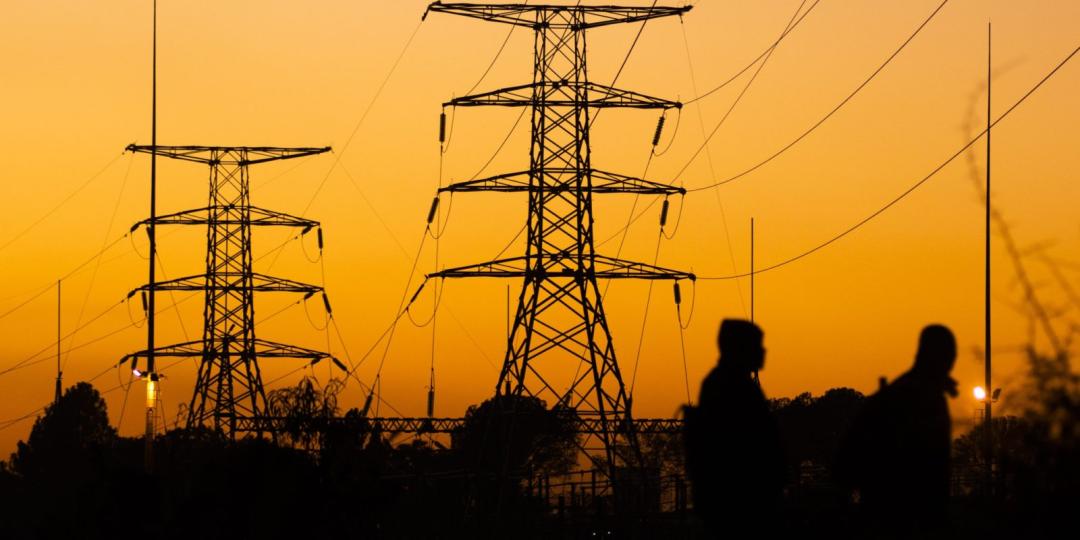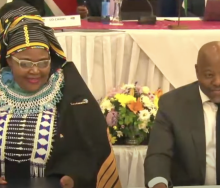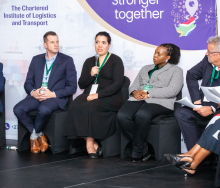Trade, industry and competition minister Ebrahim Patel says government is working on addressing load-shedding.
Patel said once a solution had been found, an announcement would be made through the minister of energy.
Speaking on the sidelines of the Black Industrialists and Exporters’ Conference, Patel admitted that load-shedding was not good for business.
In his keynote address at the conference, President Cyril Ramaphosa also spoke of the country’s energy challenge, saying it was being addressed.
“In particular, we need to act decisively and urgently to end the load-shedding that is causing such damage to our economy and such disruption to our society. Like every other actor in the economy, black industrialists can simply not grow without a reliable supply of affordable energy.
“Much has been done over the last four years to transform the country’s energy landscape and bring new generation capacity online.
“But that is not enough, and we need to move faster. That is why I have brought together all relevant departments and entities to work on an integrated set of measures to add additional power to the grid in the shortest possible time.
“We are currently engaged in consultations with social partners on these measures, and will soon be able to announce a package of measures that provides an effective response to our energy crisis,” he said.
On the funding of businesses, Patel explained that government did not fund businesses but businesses were offered loans that they repaid at a later stage.
Patel explained that the conference was a platform for black businesses to showcase their experiences.
“As government, we are getting black businesses talking to one another and networking,” he said.
“We welcome a number of representatives of workers’ trusts who hold shares in the firms they are working in, with hundreds of thousands of workers now owning such shares.
“We have small panel-beater shops that are now on the panels of large insurers after the Competition Commission investigation into restrictive practices and ways to broaden access for small businesses.
“We have industrialists who have invested their money to build new factories, expand mines, develop more agricultural lands, obtain machinery, and employ young South Africans,” Patel said.
He added that SA last year achieved a record performance, exporting R1.8 trillion, representing almost one third of the country’s GDP.
“Some of the exports came from black-owned firms present here today. We are now working with a black exporters’ network to be launched today to increase the volume of exports and create local jobs.
“These are businesses who in many cases have shown resilience, and they are the productive engines that create jobs,” Patel said.
Championed by the president since its inception in 2015, the inaugural Black Industrialists and Exporters’ Conference showcases progress of government measures in promoting access and transformation to more black industrialists in the economy and the opportunities that the Africa Free Continental Trade Area (AfCTA) offers. – SAnews.gov.za













